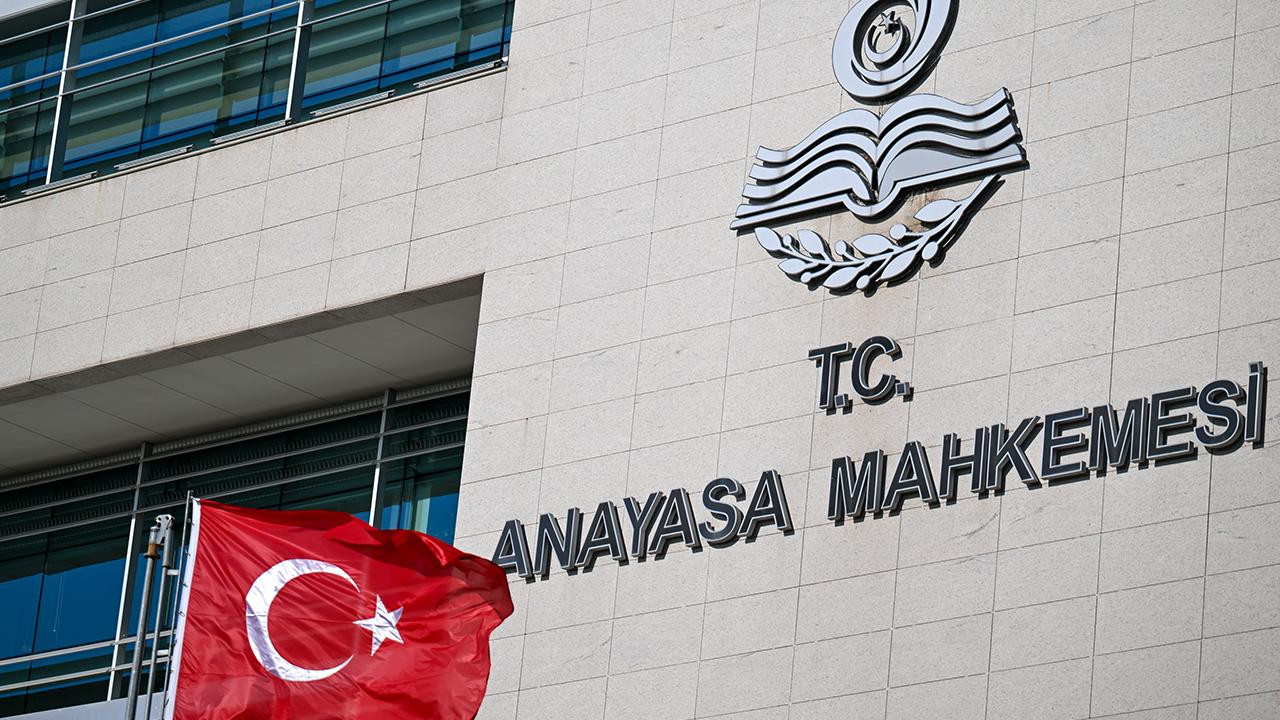According to the T24 news website, the Constitutional Court of Turkey has ruled that there were no rights violations in a case involving a teacher who was disciplined for sharing a petition on social media in 2016. The petition was jointly released by academics and called for a peaceful solution to the armed conflict in southeastern Turkey, which is predominantly Kurdish. The government’s handling of the conflict was also criticized in the petition.
The court’s decision contradicted its previous ruling, which stated that the petition was an expression of freedom of expression. The court found that the teacher’s social media post could have “inspired ideas that could lead to violent consequences” and considered the disciplinary action to be “compatible with the democratic public order.”
G.Ş., a teacher of philosophy who works at a public high school in Ankara, was officially reprimanded by the school administration for sharing the petition on social media. The petition had been signed by hundreds of academics and called for a peaceful resolution of the armed conflict in southeastern Turkey.
The court’s decision contrasted with a previous ruling from 2019, when the court had found that the conviction of the academics who signed the petition violated their freedom of expression.
G.Ş. took his case to the Constitutional Court after losing in all lower courts. Six years after the application was filed, the Supreme Court delivered its ruling. The court noted that the petition described Turkey’s military operations in regions with a majority Kurdish population as a deliberate and pre-planned massacre. The court also highlighted the potential influence of the petition, considering the applicant’s position as a teacher and civil servant.
The petition, signed by 1,128 academics in early 2016 and titled “Academics for Peace,” called on the Turkish government to halt security operations in southeastern Turkey and restore peace in the country. The academics also called for the resumption of negotiations to find a peaceful solution to the Kurdish issue.
The term “Kurdish issue” is commonly used in public discussions in Turkey to describe the Kurdish population’s demand for equal rights and their struggle for recognition.
The petition attracted widespread criticism from the authorities, and many of the people who signed it faced severe consequences. Many were dismissed from their jobs, sent to prison, or banned from travelling abroad.
In its previous decision, the Constitutional Court stated that there was no evidence in the court’s reasoning for judgment beyond the assumption that those who wrote and signed the statement were acting on behalf of the outlawed Kurdistan Workers’ Party (PKK) regarding the Peace Academics. The PKK is designated as a terrorist group by Turkey and its Western partners.
After the initial signatories faced criticism from President Recep Tayyip Erdogan, more academics joined the peace declaration in solidarity. The total number of signatories now exceeds 2,000.
The signatories were also among the 7,316 academics who lost their jobs due to executive emergency decrees issued after a coup attempt in 2016. The government’s post-coup crackdown affected professors and lecturers from almost all universities in Turkey.
Despite a ruling in their favor from the top court and some victories in administrative courts, many people who signed the document are still having trouble getting their jobs back or finding an effective way to address the rights violations they suffered over the past eight years.
Some universities have ignored administrative court orders to reinstate academics, and appeals courts have reversed the decisions made by lower courts. Some of the academics have also been forced to resign or leave their jobs due to the non-renewal of their contracts.
After the failed coup in Turkey in 2016, the country carried out a purge that involved the removal of more than 4,000 judges and prosecutors. This action, according to many international observers, had a negative impact on legal professionals who remained in the judiciary.
The government of Erdoğan has also been criticized for replacing the removed judicial officials with young and inexperienced judges and prosecutors, who are said to have close ties to the ruling Justice and Development Party (AKP).
The World Justice Project (WJP) published the 2023 Rule of Law Index in late October 2022. According to this index, Turkey was ranked 117th among 142 countries. This is a drop of one place compared to the previous year, confirming the erosion of the Turkish judiciary.



